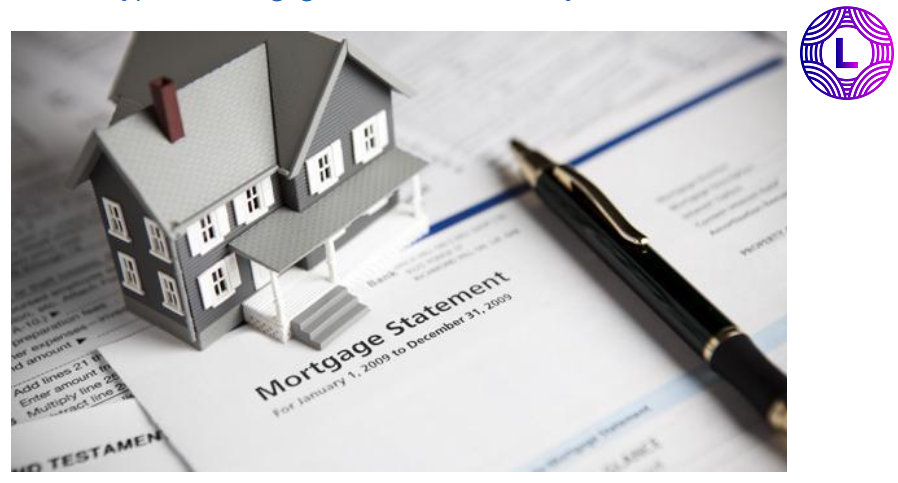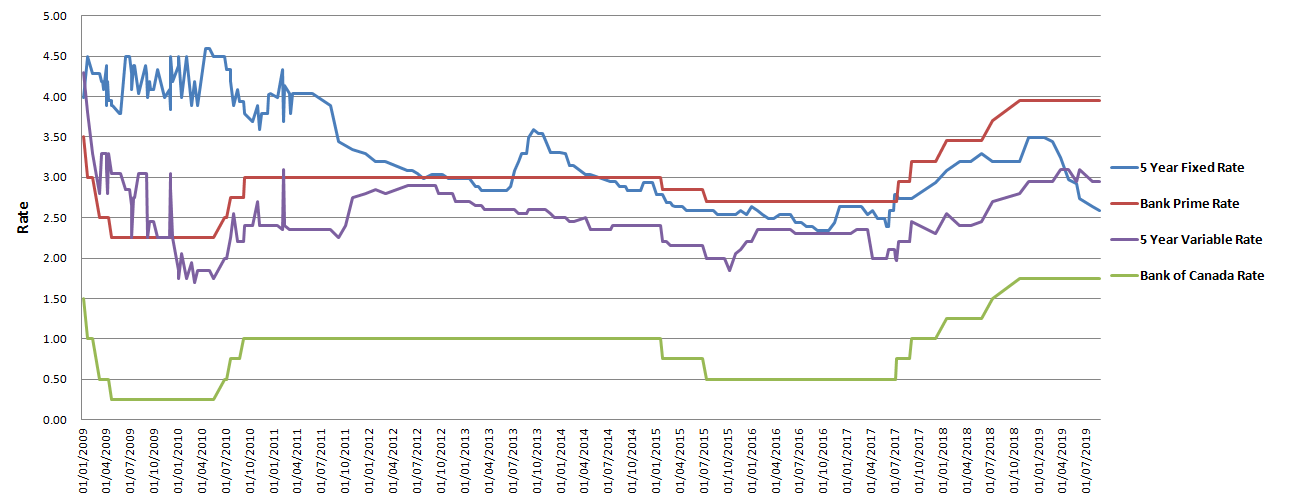Nevertheless, your beneficiaries do have a few alternatives. They can settle the financial obligation you owe by acquiring the house for the amount owed or for 95% of the appraised worth whichever is less. This can be done by paying by themselves or re-financing the loan into a regular home mortgage. how does underwriting work for mortgages.
If the house offers for more than it's worth, they can keep the staying cash. If it costs less than what's owed, they won't have to pay the distinction. Lastly, they can permit the house to go into foreclosure. The choice your beneficiaries make will typically depend upon just how much equity is in the home.
A reverse home mortgage is a home loan that you do not have to pay back for as long as you live in your house. It can be paid to you in one lump amount, as a routine monthly income, or at the times and in the quantities you want. The loan and interest are repaid only when you offer your home, completely move away, or pass away.
They are paid back completely when the last living borrower dies, sells the house, or completely moves away. Because you make no monthly payments, the amount you owe grows larger over time. By law, you can never ever owe more than your home's worth at the time the loan is repaid.

If you fail to pay these, the lender can use the loan to pay or need you to pay the loan completely. All house owners need to be at least 62 years old. A minimum of one owner needs to live in your home the majority of the year. Single household, one-unit dwelling.
Some condos, planned unit developments or produced houses. NOTE: Cooperatives and the majority of mobile houses are not qualified. Reverse home mortgages can be paid to you: All at as soon as in cash As a regular monthly earnings As a line of credit that lets you choose how much you desire and when In any mix of the above The quantity you get typically depends on your age, your home's value and location, and the cost of the loan.
The majority of people get the most cash from the Home Equity Conversion Mortgage (HECM), a federally insured program. Loans used by some states and local federal governments are typically for particular purposes, such as paying for home repair work or real estate tax. These are the most affordable cost reverse mortgages. Loans offered by some banks and home loan business can be utilized for any purpose.
Fascination About How Does Bank Loan For Mortgages Work
HECM loans are generally the least costly reverse home mortgage you can receive from a bank or mortgage company, and in many cases are substantially less expensive than other reverse home mortgages. Reverse home mortgages are most pricey in the early years of the http://johnnymesf210.iamarrows.com/an-unbiased-view-of-how-do-referse-mortgages-work loan and normally end up being less expensive with time.
The federal government needs you to see a federally-approved reverse home mortgage therapist as part of getting a HECM reverse home loan. For more details about Reverse Home loans, check out AARP: Understanding Reverse Mortgages. how does underwriting work for mortgages.
Advertiser Disclosure Many or all of the products featured here are from our partners who compensate us. This might affect which products we discuss and where and how the product appears on a page. However, this does not affect our examinations. Our viewpoints are our own. After retirement, without regular income, you may in some cases have problem with financial resources.
A reverse mortgage is a mortgage that allows homeowners 62 and older to withdraw a few of their home equity and convert it into money. You do not have to pay taxes on the proceeds or make regular monthly home loan payments. You can use reverse home mortgage profits nevertheless you like (how do mortgages work). They're often allocated for costs such as: Financial obligation debt consolidation Living expenditures House enhancements Assisting kids with college Purchasing another home that might better fulfill your requirements as you age A reverse home mortgage is the reverse of a traditional mortgage; rather of paying a loan provider a month-to-month payment monthly, the lender pays you.
The amount you receive in a reverse home loan is based upon a sliding scale of life span. The older you are, the more house equity you can take out. The Federal Real estate Administration guarantees two reverse home loan types: adjustable-rate and a fixed-rate. Fixed-rate reverse mortgages include a one-time lump sum payment.
Adjustables have five payment options: Set regular monthly payments so long as you or your qualified partner stay in the house Set regular monthly payments for a fixed duration Unspecified payments when you need them, up until you have actually tired your funds A line of credit and set month-to-month payments for as long as you or your eligible spouse reside in the home A line of credit and set regular monthly payments for a fixed duration of your selecting To request a reverse home loan, you must fulfill the following FHA requirements: You're 62 or older You and/or a qualified spouse who need to be named as such on the loan even if he or she is not a co-borrower live in the house as your main house You have no delinquent federal financial obligations You own your home outright or have a significant amount of equity in it You attend the obligatory counseling session with a home equity conversion home mortgages (HECM) counselor authorized by the Department of Housing and Urban Development Your home fulfills all FHA property standards and flood requirements You continue paying all real estate tax, property owners insurance and other household maintenance fees as long as you reside in the home Prior to providing a reverse mortgage, a loan provider will inspect your credit rating, validate your monthly earnings versus your monthly monetary obligations and purchase an appraisal on your house.
Nearly all reverse mortgages are provided as house equity conversion mortgages (HECMs), which are insured by the Federal Housing Administration. HECMs feature strict loaning guidelines and a loan limit. If you believe a reverse mortgage might be ideal for you, discover an HECM counselor or call 800-569-4287 toll-free to discover more about this funding choice.
Reverse Mortgages And How They Work - An Overview
A reverse home mortgage is a home mortgage made by a home mortgage loan provider to a homeowner utilizing the home as security or collateral. Which is considerably different than with a standard home mortgage, where the house owner uses their income to pay down the debt with time. Nevertheless, with a reverse mortgage, the loan amount (loan balance) grows in time since the house owner is not making regular monthly home loan payments.
The quantity of equity you can access with a reverse home loan is identified by the age of the youngest borrower, present interest rates, and value of the house in concern. Please note that you may need to reserve additional funds from the loan continues to pay for taxes and insurance coverage.

They wish to remodel their kitchen. They have become aware of reverse mortgage but didn't understand the details. They decide to call a reverse mortgage loan advisor to discuss their existing requirements and future objectives if they might get to a portion of the funds saved in their home's equity.